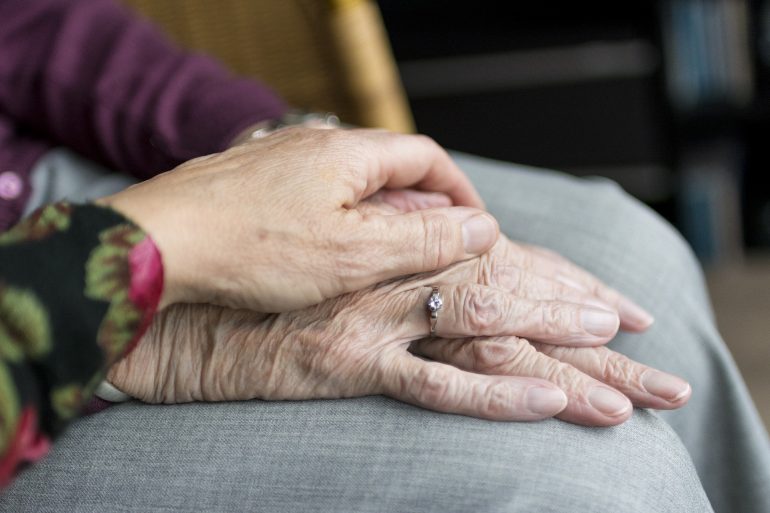With the early signs of dementia being very vague and subtle, it can be hard to identify straight away. The types of symptoms can vary too, depending on the person. Dementia is regarded as the impairment or loss of mental functions, including thinking, reasoning, and memory. As we get older, our mental functions tend to deteriorate, but if it’s getting to a point where you’re struggling to perform the most basic activities, it may be a sign of dementia. Here are a few ways on how to identify the signs of dementia, as well as what to do next.
Types of Dementia
At present, there are over 200 types of dementia. The five most common conditions are vascular dementia, Alzheimer’s disease, frontotemporal dementia, dementia with Lewy bodies, and mixed dementia. The brain is made up of neurones (nerve cells) which act to communicate with one another by sending out messages. If you have dementia, this causes damage in the nerve cells in the brain, meaning that messages cannot be sent to and from the brain as effectively, preventing the body from functioning at its best.
No matter what type of dementia you have (or what part of the brain is most affected), each person is different, meaning that their experience of dementia will be unique, making it more important than ever to seek help. Dementech Neurosciences can help with diagnosing vascular dementia and providing vascular dementia treatment. When visiting them, you will receive an initial consultation with a specialist physician who will assess you and perform blood tests and imaging scans, where you can receive a clinical diagnosis, as well as a follow-up strategy.
Early Symptoms
While the early signs of dementia vary, the most common symptoms include memory problems (such as trouble remembering recent events), reduced concentration, increasing confusion, and changes in behaviour or personality. In some cases, people aren’t aware that these symptoms indicate any underlying problems. It can be easy to mistake such behaviour as being part and parcel of growing old, meaning that symptoms can go noticed for a long period. Even when a person knows something is wrong, they may refuse to seek help.
Warning Signs
There are various warning signs that you need to look out for when it comes to identifying dementia. The first of these is memory loss. While it’s normal to forget appointments from time to time, a person who has dementia may forget things much more often, or not even remember them at all. If you are having difficulty performing the most basic of tasks, such as preparing a meal, this too could be a sign of dementia.
A person who has dementia may have trouble finding their way around or feel lost and confused about where they are. There are also language problems that can occur too. A person with dementia may forget some simple words, or have trouble putting sentences together. They may have difficulty understanding those around them too and have difficulty reading and writing.
Cognitive Ability
People with dementia may have trouble with time and place. For instance, getting up in the night to get ready for work, even though they are retired. Their concentration levels may be affected too. Performing basic tasks such as shopping may become much harder, and some people may become restless and prefer to keep active, rather than sitting still, while others may become reluctant to join in on activities that they used to like doing.
While we all experience mood swings from time to time, someone who has dementia may experience rapid mood swings, which can be completely out of character. Mood swings can leave a person feeling confused, withdrawn, and disorientated.
Conditions Similar to Dementia
It’s important to note that there are various conditions that have similar symptoms to dementia. Therefore, you shouldn’t assume right away that someone has dementia. Strokes, excessive alcohol use, infections, depression, and brain tumours can all cause dementia-like symptoms, therefore, it’s vital that you get an official diagnosis.
Support Network
Receiving an official diagnosis of dementia can be incredibly worrying and frightening, therefore, it’s so important to have a strong support network of family and friends who can be there to help you. Having your nearest and dearest around you can make a huge difference and help to reduce stress levels. The sooner you get your diagnosis, the better, as you can then make plans for the future, which can leave you feeling more settled and happier.
If you have noticed any of the signs listed in yourself or a loved one, it’s important that you seek medical advice as soon as possible, however, that’s easier said than done, especially when the early signs of dementia may not be immediately apparent. It’s only natural that you feel anxious or worried about seeking help, but doing so can help slow down the condition, and give you the best quality of life possible.





